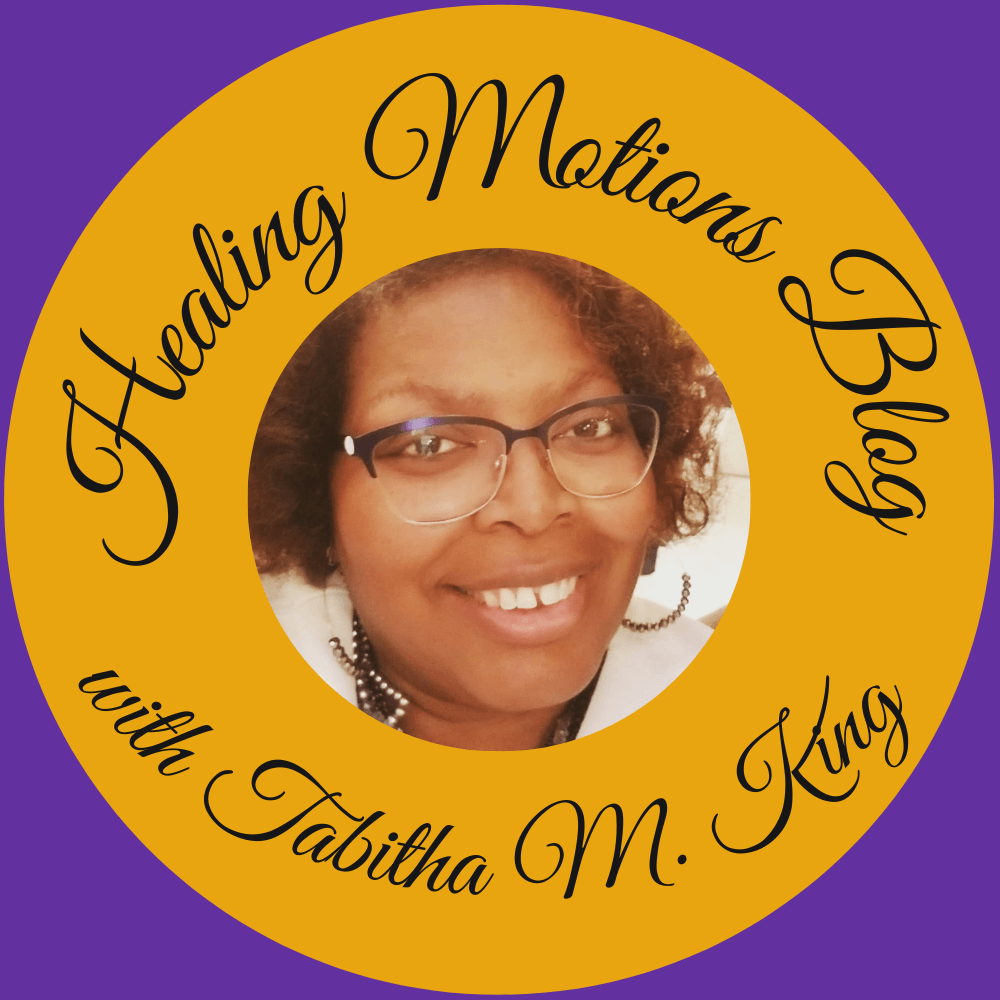
As African American moms, we have a lot on our plates from raising our children to dealing with personal and societal issues. One thing that is often difficult for many of us is saying "I'm sorry." Though it may seem like a simple phrase, it can be loaded with complications, guilt, and ego. In this post, we'll explore why it can be so hard to apologize and offer some tips on how to overcome these barriers.
1. We often associate saying sorry with weakness
Many of us were taught to be strong and independent, and apologizing can feel like admitting defeat or showing vulnerability. We may see it as a sign of weakness or fear. However, apologizing takes courage, and it shows maturity and humility. It's essential to change our mindset and see saying sorry as a strength, not a weakness.
2. We fear judgment and rejection
Apologizing can make us feel like we're putting ourselves on the line, vulnerable to judgment or rejection. We may worry that the person we're apologizing to won't be forgiving or that it will damage our reputation or relationships. However, research shows that apologizing can actually improve relationships and increase trust. It's essential to remember that we're all human, and everyone makes mistakes.
3. We attach our identity to our behavior
Sometimes, our ego or sense of self can get in the way of apologizing. We may feel like our actions are a reflection of who we are as a person. If we've hurt someone, we may feel like we're a bad person, and apologizing would confirm that belief. However, it's essential to separate our behavior from our identity. We can make mistakes without being bad people, and apologizing shows that we're taking responsibility for our actions.
4. We're not always aware of the impact of our actions
Sometimes, we may not realize the effect our words or actions have on someone else. Even if we didn't intend to hurt someone, it's still important to apologize and acknowledge their feelings. It shows that we care about their well-being and respect their emotions. It's essential to listen and try to put ourselves in the other person's shoes to understand how they feel.
5. We lack the skills or language to apologize effectively
Lastly, sometimes, we may want to apologize, but we don't know how. We may not have learned the necessary skills or language to apologize effectively. One technique is to use the "I'm sorry, but" approach, which can come across as insincere or deflecting blame. Instead, we can use a straightforward and genuine apology, such as "I'm sorry for what I did. It was wrong and hurtful, and I take full responsibility."
In conclusion, saying "I'm sorry" can be difficult, but it's essential for building healthy relationships and connections. By changing our mindset, overcoming our fears, separating our behavior from our identity, acknowledging the impact of our actions, and learning the necessary skills, we can become better at apologizing. As African American moms, we can model this behavior for our children and teach them the power of saying sorry. Remember, apologizing takes courage, but it's worth it.
I hope this encourages you in your journey to freedom. Many are afraid, but I come to tell you there is victory and freedom in repentance. If you are dealing with this weakness in feeling like you don't know how to give a genuine apology, Sis, you're not alone. Join me in my community of support where my Sisters and I work through our weaknesses together as we lean on God's unchanging hands and His understanding so that we no longer feel depleted, but full of joy because we've learned to forgive and be forgiven.
Also, feel free to watch my new YouTube video where I share more information about being free with a heart of repentance letting love flow in motion in you.

Release is a helpful blend to aid in releasing anger and memory trauma from the liver in order to create emotional wellbeing.
Read more...
Do you struggle with feeling ashamed of where you are in life? Are you afraid of what people might think of you if you shared why you feel the way you do?
Read more...


